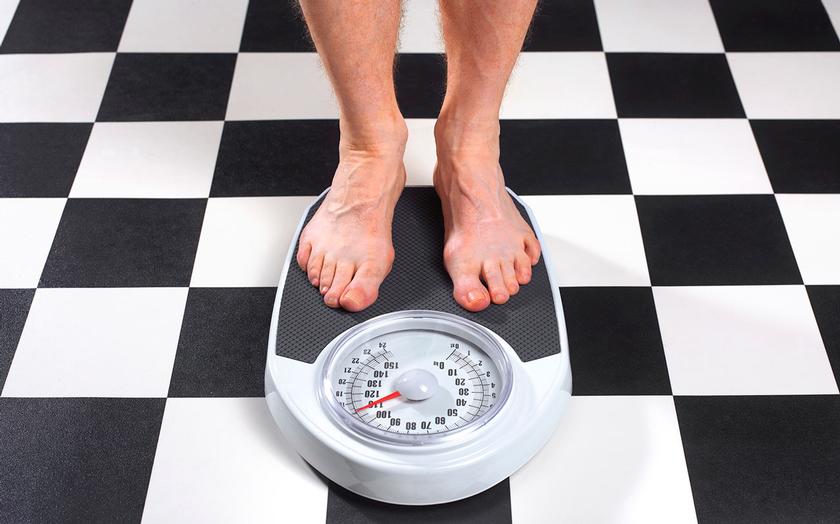What Does it Really Take to Lose Weight?

He only gained 3 pounds one year. That hardly matters at all! The problem is, it’s now ten years down the line and he’s gone from a healthy 170 pounds to a fluffier 200 pounds—3 pounds at a time.
Does that sound like you? If so, you are among the almost two-thirds of adults in the United States that are either overweight or obese. This is a health crisis of enormous proportions! There are a lot of reasons that Americans are overweight, but instead of dwelling on those, this article will talk about what it takes to undo that trend by discovering what it takes to really and truly lose those extra pounds.
First, what does it take to gain a pound?
You know what it takes to gain weight, don’t you? Just eat everything you like and lots of it. Well, actually, it’s not that simple. Let’s look at the math.
How many calories are in a pound?
You know about calories. They are those pesky little numbers you have to watch to lose weight, right? Do you? Really? A calorie, simply speaking, is a unit of measurement equal to the amount of heat needed to raise the temperature of one gram of water by one degree Celsius. Our bodies need calories to supply the energy we need to live and stay healthy. Everything we do—even just breathing—requires calories.
One pound is the equivalent of 3500 calories. So to gain a pound of weight, you need to eat 3500 calories more than your body will use for its normal function.
An average number of calories burned by healthy adults differs from one person to another. The number 2,000 is the “estimated average” used on labels of food to help you determine what percentage of a “normal” diet each ingredient supplies. The problem is, none of us is average! But to establish a baseline, a 2,000 calorie standard was adopted.
3 must-know numbers
No diet will work if it isn’t tailored to your specific needs. In fact, some “weight loss” plans can actually cause you to gain weight! That’s why it’s important to do the math properly if you want to shed pounds.
- How many calories do you consume every day?
- How many calories do you burn every day (TDEE-Total Daily Energy Expenditure)
- How many calories you burn exercising
How many calories should you eat?
The best way to determine this number is to track calories for at least a week. Write down everything you eat and drink. At the end of the day, write down the daily number of calories you consumed (you can use an app for tracking your food consumption). Eat normally, don’t change your diet habits yet.
How to determine your TDEE
In order to determine how much energy you expend every day, you need to start by determining your BMR, or basal metabolic rate, and your activity level, as well as your body fat percentage. There are a number of ways to do this online. Here is a very simple TDEE calculator that will help you determine your numbers. It is recommended that you use this one or another (there are many online).
Your personal BMI (body mass index, a ratio of your height and weight) will tell you if you are overweight or even obese.
That activity number…
How much you exercise will make a difference in how many calories you can consume to either lose or maintain weight. Online calculators can help, but they don’t take into account your body fat or muscle mass. These are important because muscle burns twice as many calories as fat, even at rest.
The best way to figure this out is to use a heart monitor while you exercise. Keep track of what you do in a normal week to see what needs to change.
A few more numbers
The last math you need to know for effective weight loss is called your macros. This is calculating the macronutrients—fat, protein, and carbohydrates—you are eating. Protein contains 4 calories per gram, carbohydrates have 4 calories per gram, and fats contain 9 calories per gram.
Shoot for 40% of your calories coming from good, lean protein sources like lean meats, chicken and fish. Try not to go under by more than 10 grams of protein per day. Over is okay, as long as you watch your calories, too.
Sixty percent of your calories should come from carbohydrates and healthy fats. The best way to balance this is to eat whole, unprocessed food.
Don’t give up before you even start!
Perfection isn’t the goal. If you think you have to be perfect, you will quit. Know why? Because nobody—and we mean NOBODY—is perfect. You have to cope with the real world and former habits and on top of that, sometimes you want a donut. The most important thing is to be consistent most of the time. If you’re craving that donut, go ahead. Just make sure you include it in your daily calorie and macros calculations!
Get some help.
A personal nutrition coach can be more affordable than you may think. They can help take all of the guess work out of getting a nutrition and fitness plan together that meets your unique goals. Especially if you are new to the world of proper nutrition, working with a nutrition coach is a great place to start.


















